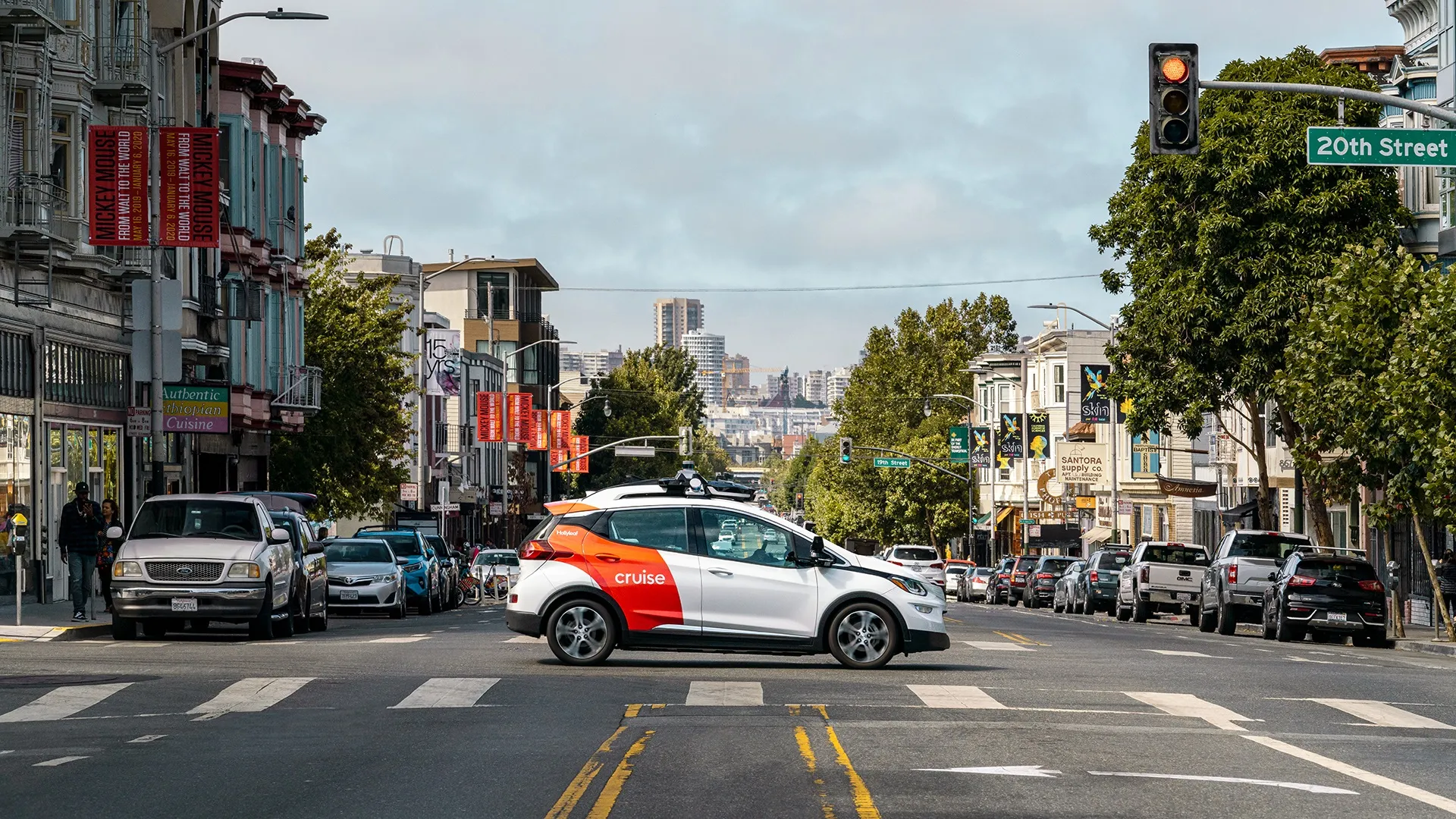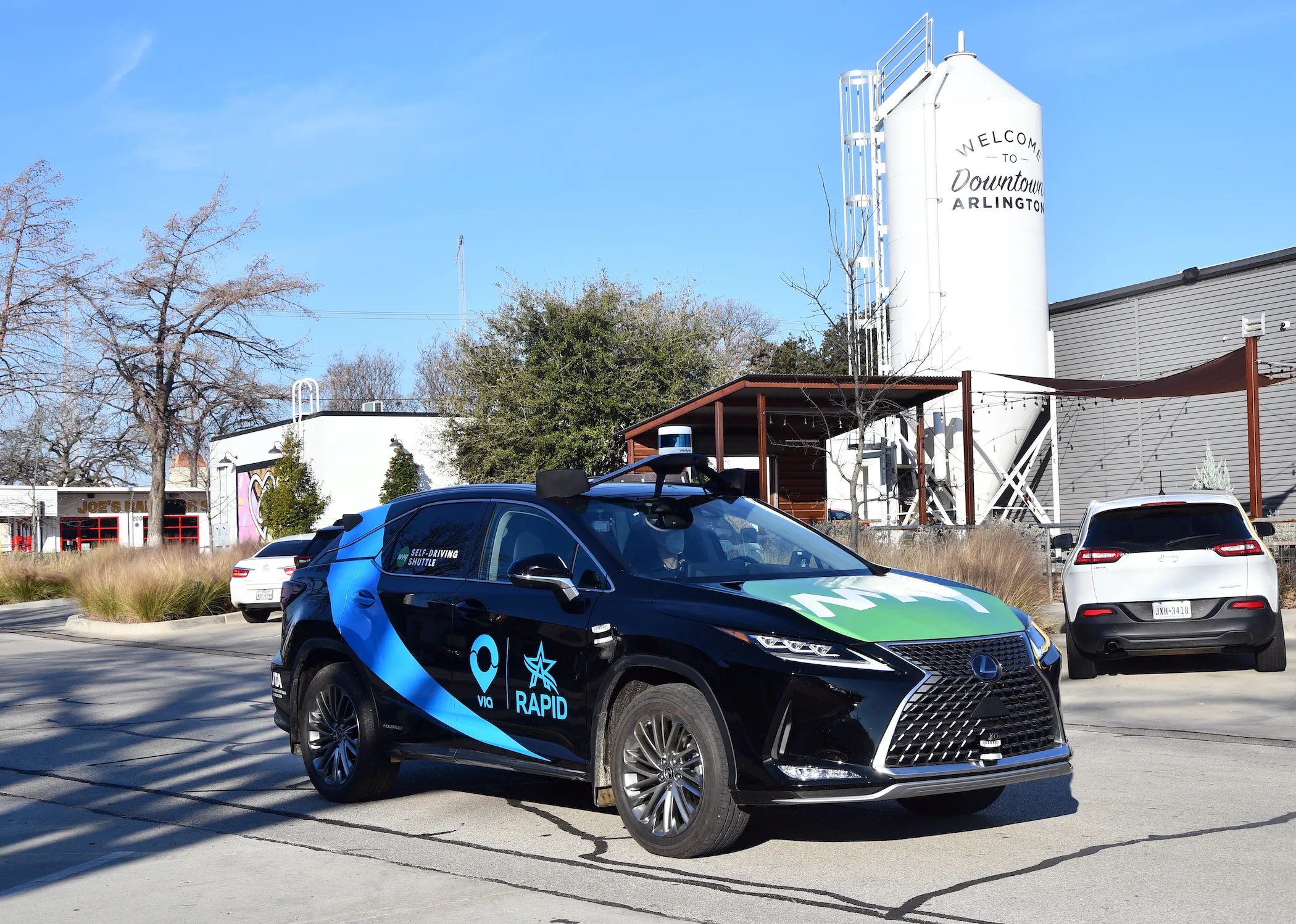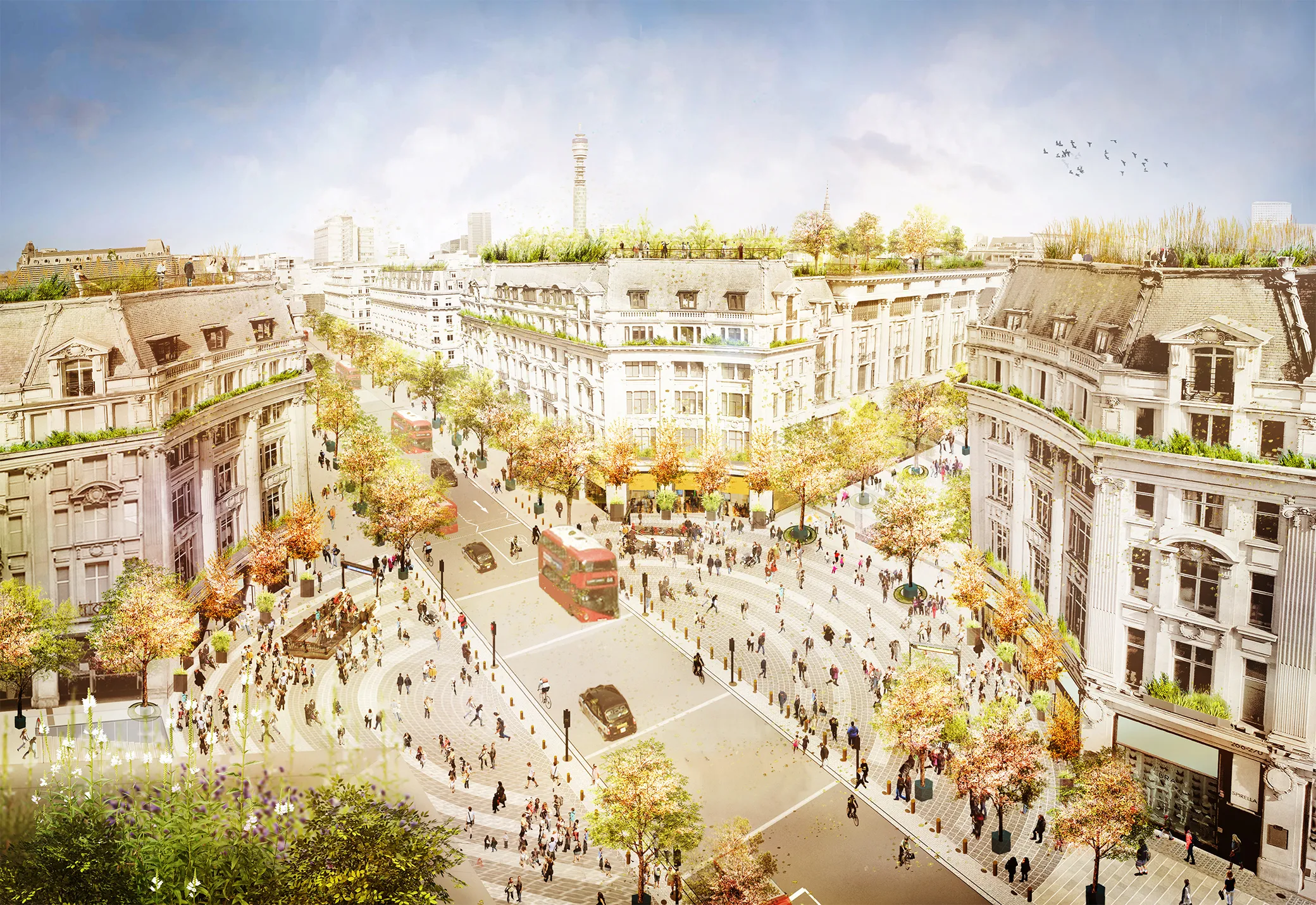
Autonomous vehicle company Cruise says it is "pausing operations of our driverless AVs in San Francisco".
The California Department of Motor Vehicles (DMV) has suspended Cruise’s deployment and driverless testing permits - although the company can continue testing its AVs with a safety driver.
"Based upon the performance of the vehicles, the Department determines the manufacturer’s vehicles are not safe for the public’s operation," the DMV says.
In a statement on X, Cruise says: "We think it’s the right thing to do during a period when we need to be extra vigilant when it comes to risk, relentlessly focused on safety, & taking steps to rebuild public trust."
A Cruise AV was involved in what the company calls a "horrible" incident on 2 October, when a pedestrian hit by another car fell into a Cruise AV's path.
The AV 'made contact' with the pedestrian, Cruise says: "The AV detected a collision, bringing the vehicle to a stop; then attempted to pull over to avoid causing further road safety issues, pulling the individual forward approximately 20 feet."
The DMV says: "Public safety remains the California DMV’s top priority, and the department’s autonomous vehicle regulations provide a framework to facilitate the safe testing and deployment of this technology on California public roads. When there is an unreasonable risk to public safety, the DMV can immediately suspend or revoke permits. There is no set time for a suspension."
It has provided Cruise with the steps needed to apply to reinstate its suspended permits, which the DMV says it will "not approve until the company has fulfilled the requirements to the department’s satisfaction".
On Twitter, Cruise said: "The most important thing for us right now is to take steps to rebuild public trust. Part of this involves taking a hard look inwards and at how we do work at Cruise, even if it means doing things that are uncomfortable or difficult."
"In that spirit, we have decided to proactively pause driverless operations across all of our fleets while we take time to examine our processes, systems, and tools and reflect on how we can better operate in a way that will earn public trust. This isn't related to any new on-road incidents, and supervised AV operations will continue."










